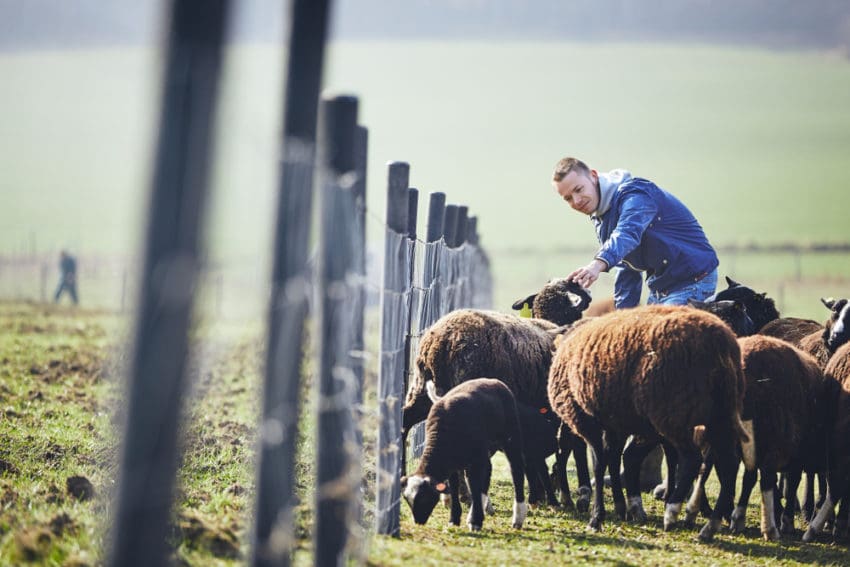A no-deal Brexit would drive pig farmers into the red, but potato growers would be even worse off if Britain were to leave the European Union with an agreement, an analysis has suggested.
Ministers have been warned that the affordability of British food is at stake after the government-backed Agriculture and Horticulture Development Board projected that average farm profitability would fall by almost a quarter across England whatever form Brexit takes.
Domestic producers are braced for sharply higher labour costs and fluctuating prices as Britain recalibrates its reliance on overseas food sources.
Potato growers’ average income, at present £1,337 per hectare, probably ould fall to £1,030 should Britain leave without a deal. However, if there is any form of trade agreement with Brussels, the board estimates that income could slide further to £917 per hectare because Britain’s farmers would face greater competition from imports, as well as rising labour costs.
It is expected that a no-deal scenario would lead to a drop in pork and bacon prices as Britain would import more pig meat from low-cost producers. The board believes that the average English pig farm would swing from an annual profit of £36,578 to a £10,741 loss in such a scenario. Income would stand at £21,273 a year if there is a deal.
Minette Batters, 51, president of the National Farmers’ Union, called on ministers to work “towards an outcome that will ensure farm businesses are in a position to continue supplying the nation with safe, traceable and affordable British food”.
Britain produces six million tonnes of potatoes a year. The country’s 10,000 pig farms are expected to produce about 950,000 tonnes of pig meat this year. Across the board, average farm business income stands at £42,754. This would slip to £32,481 if Britain leaves the EU with a deal and £26,285 if it leaves without, the report says.
Corporate concern also is growing. Eight in ten chief financial officers expect Brexit to weaken Britain’s long-term business environment, the highest level since 2016, according to a survey by Deloitte, the accountant.


